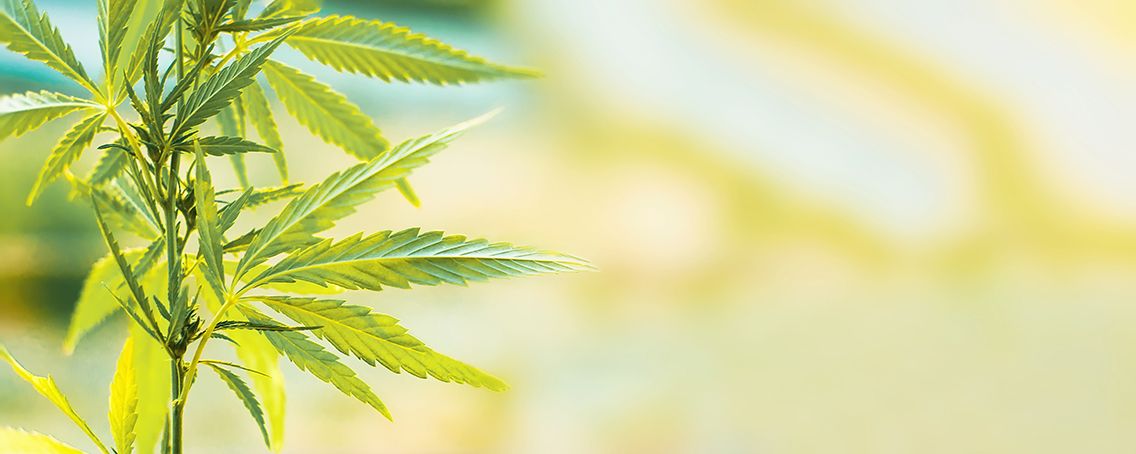
CBD (cannabidiol) oil is getting a lot of attention these days. There are a myriad of companies promoting it as a natural remedy for pain relief, anxiety and stress reduction, even improved sleep. Most of these companies claim that their products are free of THC, the psychoactive compound in marijuana, so they shouldn’t lead to a positive workplace drug test. Nevertheless, stories are popping up all over about CBD oil users who claim to have tested positive for THC on a workplace drug screen. How can this be?
A LITTLE BACKGROUND INFORMATION...
CBD products are made from the cannabis plant. CBD is one of the many active chemical compounds in the cannabis plant. Hemp and marijuana are both cannabis plants, the main difference being that hemp contains very little or no THC, the active chemical in marijuana that is associated with “getting high.” Cannabis strains must have less than .3% THC in order to be classified as hemp. Most CBD products are made from hemp, not marijuana.
There are also different types of CBD oils, some are referred to as isolates and others as full spectrum, a differentiation that has to do with how the CBD is extracted from the cannabis plant. CBD isolate products typically claim not to have any THC in them while full-spectrum oils do contain THC. Why would someone want to take a full-spectrum oil if they know it contains THC? At one time it was believed that the purest form of CBD, isolates, provided the most positive results for treating inflammation and pain. However, a follow-up study conducted by researchers later found that full-spectrum products may actually be more effective. This is one of the main reasons why full-spectrum products which contain THC are so popular.
CBD AND WORKPLACE DRUG TESTING...
When it comes to workplace drug testing, the distinction between isolates and full-spectrum oils is very important because it is possible for someone to have a positive drug screen if they are using a full-spectrum product that contains THC. Complicating matters further is that CBD products are currently unregulated by the FDA, which means that there are no standards for which these products must be classified or sold. Some products that claim to be THC-free, may actually have a small amount of THC in them and some that claim to be below the .3% level may have more THC in them than they advertise. This lack of consistency and regulation makes it difficult for consumers to be able to know exactly what is in any one product, even when the label claims it is pure or THC-free.
WHAT EMPLOYEES NEED TO KNOW...
Employees who work for companies who conduct workplace drug testing, could feasibly test positive for THC on a workplace drug screen if they use CBD oil. For employees who work in safety-sensitive fields that are regulated by the Department of Transportation, testing positive for THC is a violation and will result in the need for an SAP (Substance Abuse Professional) process.
WHAT EMPLOYERS NEED TO KNOW...
Companies that conduct workplace drug testing should continue to follow their drug testing procedures and policies for how they handle positive test results. Employers should not concern themselves with the reasons or excuses employees may provide for having a positive drug screen. A drug test doesn’t indicate whether the THC came from taking an oil or smoking or ingesting marijuana. This dilemma is best sorted out by trained counselors and evaluators.

